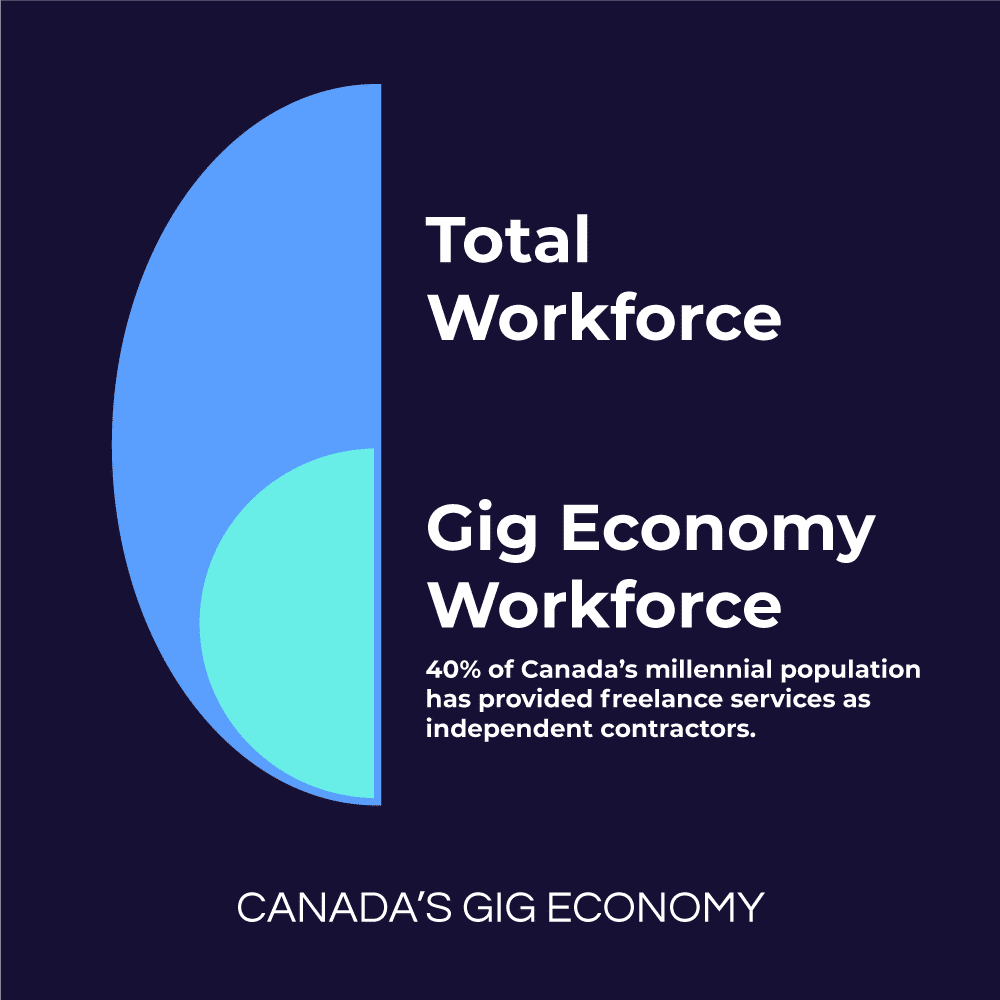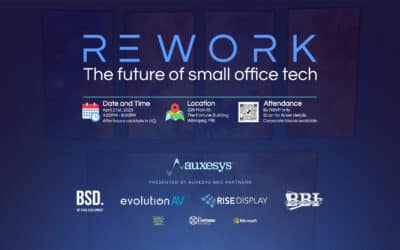Understanding the Gig Economy
Adapting alongside the freelance workforce
You are an independent contractor with a certain set of skills and you want to apply those skills to your work. Where can you use these skills in a professional setting? How do you sustain a stable career while working in the gig economy?
Well, fellow independent contractor, let me help you get started.
“As an independent contractor you work on various projects for several different clients that fit within your skillset.”
First off, let’s discuss how working within the gig economy, well, works. No, professionals in the gig economy are not all 1960s jazz musicians looking to play a gig at your wedding social (although if you are, good on you!). Unlike in a salaried position, gig workers – or “independent contractors” – are paid by the gig – or “project” – by consumers and clients in need of a specific skill-set. This can be almost anything from a blog writer to an Uber driver.

According to a 2019 study conducted by the Angus Reid Institute, at least 40% of Canada’s millennial population has provided freelance services as independent contractors. The gig economy has been around for a long time, but in recent years it has been growing rapidly.
So where do you fit into all of this, fellow independent contractors?
You might have a very specific skill set or a very wide array of talents. It can be difficult to find a job that suits exactly what you’re best at. As an independent contractor you work on various projects for several different clients that fit within your skillset. It may be slow work at first, but once you find the niche clientele to whom you should market your skills, you can get paid for your niche skill set, whether it be writing, website design, video editing, or whatever else you’ve got in your toolbox.
“Especially throughout the present and the ever-uncertain near future, independent contractors are more essential to the workforce as a whole than ever before.”
Since independent contractors are not considered employees, they’re essentially self-employed, and as such, must be aware of various details that come along with being an independent contractor. Canadaone.com recently updated their in-depth guide for independent contractors in Canada to provide guidance to small businesses and the self-employed during the Covid-19 pandemic.
Among other things, Auxesys provides a connection between clients and independent contractors. When a young company or startup is in need of a service, rather than hiring a salaried employee to do a job that might only take a month to complete, the company might temporarily hire someone from Auxesys’ portfolio of independent contractors, who provides the service and periodic maintenance to ensure that the service keeps working within the company’s system.
Especially throughout the present and the ever-uncertain near future, independent contractors are more essential to the workforce as a whole than ever before. The next steps for our economic growth as a society includes adapting to and incorporating the gig economy into the business model of our small businesses – whether you are a small business looking for an independent contractor, or a freelancer looking for a gig.




0 Comments